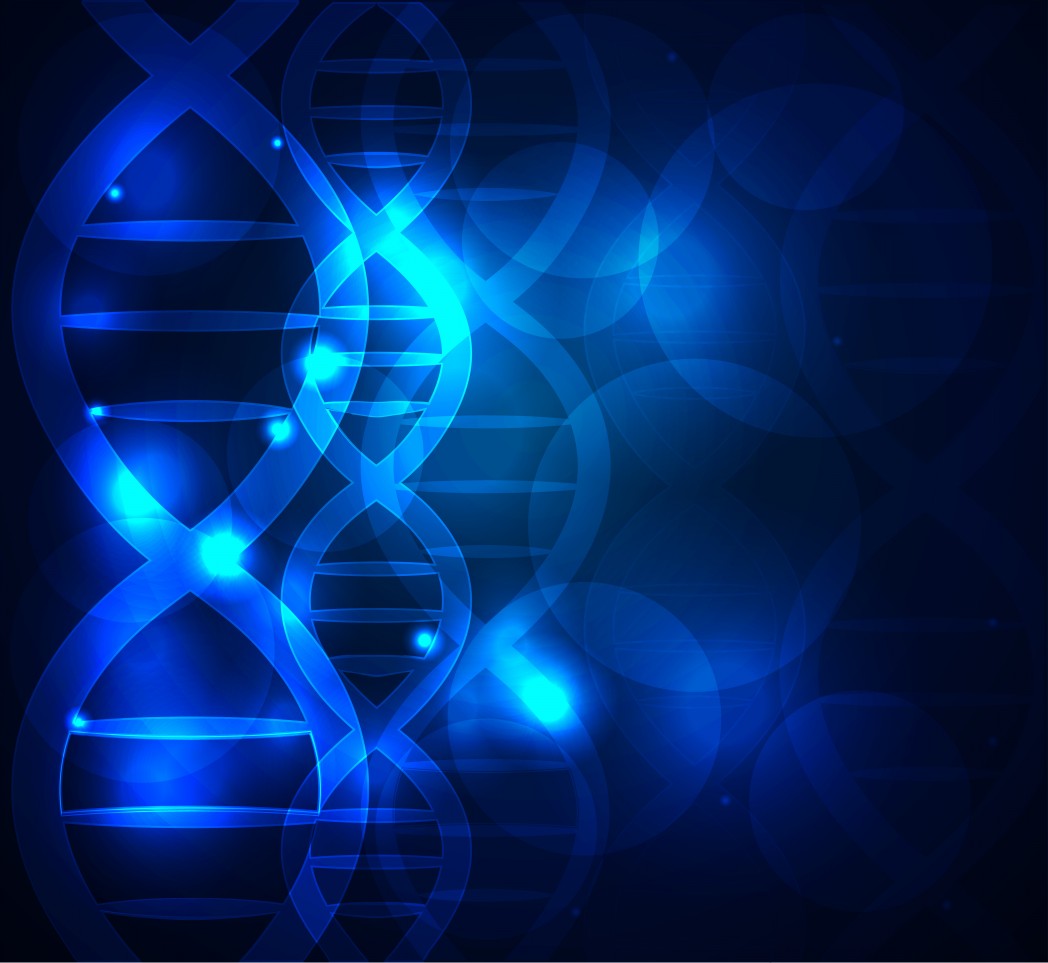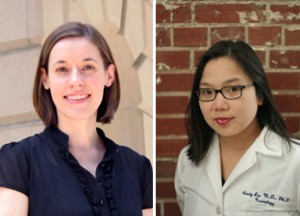2 Young ALS Researchers Honored with Training and Development Awards at 2016 AAN Meeting
Written by |

The ALS Association and the American Academy of Neurology (AAN) announced the 2016 winners of its Clinical Research Training Fellowship and Clinician-Scientist Development Award in amyotrophic lateral sclerosis (ALS) research.
The awards are given annually to young clinicians who propose promising and innovative ALS studies, both to foster their professional development and to advance clinical research. They are being presented at the American Academy of Neurology’s 68th Annual Meeting in Vancouver, Canada, which closes April 21.
Cindy Ly, MD, PhD, with Washington University in St. Louis, is the winner of the Clinical Research Training Fellowship in ALS Research. Working under the mentorship of Timothy Miller, Dr. Ly is investigating the immune system and autophagy, a type of cell degradation system, in TANK-binding kinase1 (TBK1)-associated ALS.
TBK1, a newly found gene, is present in both sporadic and familial ALS, suggesting a risk-conferring and potentially causal role. The mechanism that makes TBK1 disruption lead to motor neuron loss in ALS is poorly understood. Dr. Ly’s study will dig deeper into whether TBK1 mutations impair autophagy and disrupt inflammatory responses by assessing the fidelity of key protein interactions and how they impact these cellular processes. She will also explore if TBK1 is more broadly misregulated in sporadic ALS. Her overall goal is to understand TBK1’s role in ALS pathogenesis and its potential as a therapeutic target.
“I am truly honored to receive this award and am grateful to the AAN Foundation and The ALS Association for supporting my development as a physician-scientist, as well as research efforts to expand our understanding of this devastating disease,” Dr. Ly said in a press release.
Lindsey Hayes, MD, with Johns Hopkins University in Baltimore, is the winner of the Clinician Scientist Development Award in ALS Research. Working under the mentorship of Jeffrey Rothstein, Dr. Hayes is focused on the development of pharmacodynamic biomarkers for use in antisense oligonucleotide (ASO) therapy against C9orf72, the most common cause of ALS. The C9orf71 gene provides instructions for making the C9orf72 protein that plays a key role in several processes involving RNA, including influencing the production of RNA from genes, the production of proteins from RNA, and RNA transport inside the cell.
ASO technology works by preventing the formation of the protein and shown preclinical promise. Researchers are working to make this therapy available to patients. Dr. Hayes and her team hope to assist in these efforts by developing a cerebral spinal fluid biomarker that might confirm the ASO therapy is reaching its target and having a desired effect.
“I am very honored to receive this award and grateful to The ALS Association, American Academy of Neurology, and American Brain Foundation for their support. This award will provide critical early funding for me as I begin my career as a physician-scientist, and allow me to pursue research that I hope will advance therapy development for ALS,” Dr. Hayes said.






